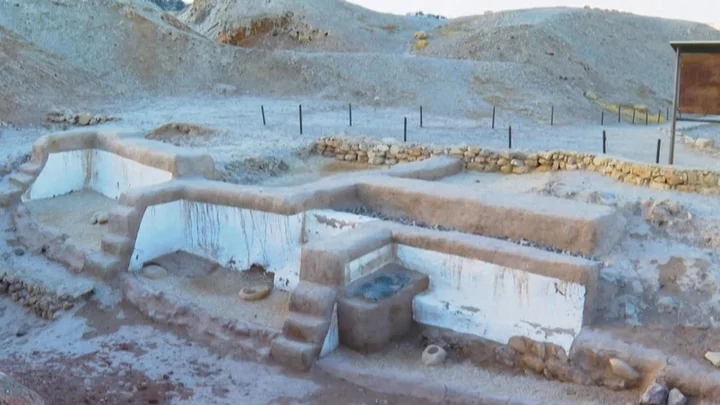Ancient clay tablets unearthed from ancient ruins in Turkey by archaeologists have revealed a language lost to the passages of time.
The new language was discovered in the ancient capital of the Hittite Empire at Hattusa (known as Boğazköy-Hattusha). The well-preserved tablets are among many incredible artworks found at the site - a UNESCO World Heritage Site.
Over the past four decades, researchers have dusted off nearly 30,000 unique tablets - with most written in Hittite. New research, however, shows that some of the tablet haul shows that they are written in a language previously unknown to modern man.
Of course, the meaning and words of this language have not been deciphered, but it appears from early inspection to branch off from languages used within the Hittite Empire - and is being referred to as Kalašma. archaeologist
Interestingly though, researchers from the Istanbul Department of the German Archaeological Institute have noted that the new language is found within a recitation in a 'cultic ritual text'.
While that's usually the basis of a middling horror movie, we're certain that there's nothing to worry about - it stems from an ancient Hittite practice.
Professor Daniel Schwemer explains that the discovery wasn't unexpected. "The Hittites were uniquely interested in recording rituals in foreign languages," he said.
These ritual texts provide insight into little-known languages, and thanks to this discovery, one more has been added to the list.
Sign up for our free Indy100 weekly newsletter
Have your say in our news democracy. Click the upvote icon at the top of the page to help raise this article through the indy100 rankings.

